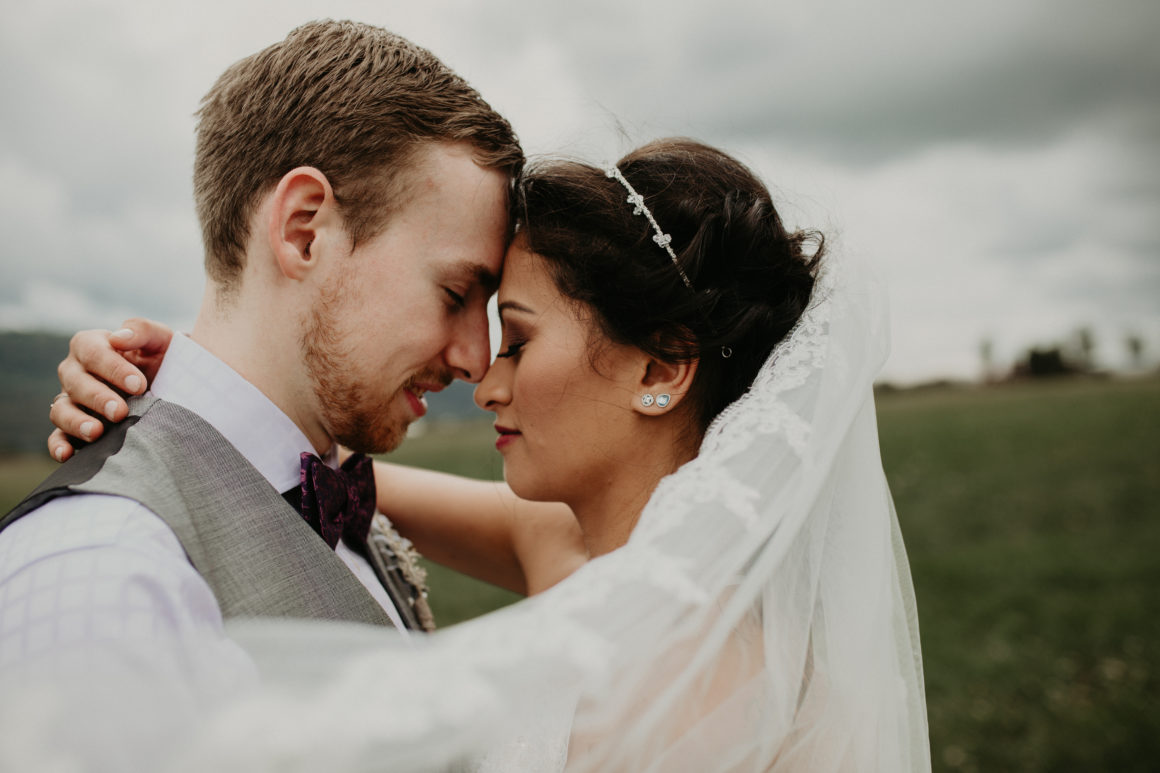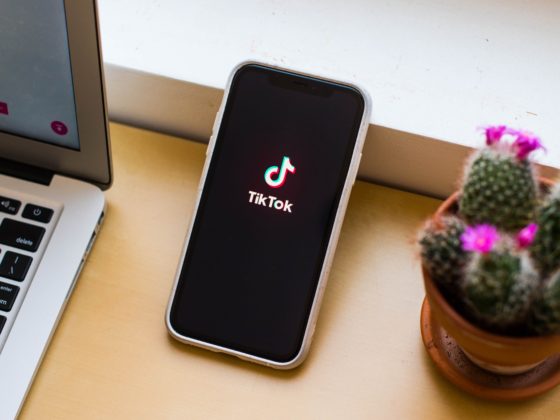When my now-husband and I first started dating seven years ago, the very first question my Lola (the word for “grandma” in Tagalog, the national language of the Philippines) asked me was, is he Filipino? When I said no, she clumsily said in her non-native tongue is he Canada? I practically spat out my drink from laughter while on the phone, yes Lola, he is Canada, like the country, I joked to myself. When I told her his last name, my married name, I could hear her confusion over the phone. He is German I said, oh well that’s nice – as long as he is good to you, that is what is important, she told me.
I am not surprised by my Lola’s reaction when I first told her about my White boyfriend. Here are some of the many questions that I and many people of colour think about when they first start to date:
- Should I date outside my race?
- Will they eat and enjoy my “cultural” food?
- Will they be okay with not understanding a word of what anyone is saying at a family dinner, or in many Fillipian households, will they sing karaoke?
Here is a truth that is rarely acknowledged but ever present: cultural and racial differences are going to impact your relationship, but just like the old adage says, “the heart wants what the heart wants.” Love continues to defy social prejudices, but even those with the best of intentions can make mistakes along the way. I have been with my husband for seven years now and married for almost two and there have been many moments that have challenged me, but have also given me hope for the allyship interracial relationships create.
Here are some important lessons I wish my husband knew before we started dating, and the things that have continued to be fixtures in our relationship today. By no means is this an exhaustive list, nor it is a cheat sheet or a checklist, merely my experience in my marriage.
It is equally important for me to say that this advice is based on my own experiences and while true to me, may not be for someone else. As a bi-racial, cis-gendered straight woman who grew up with a White father, dating and marrying someone who is White, wasn’t and isn’t as big of a cultural shock as someone whose parents are both rooted in their cultural identity.
- Make an effort to learn about their culture. Whether that be music, food and a couple of words in their language. It means a lot when your significant other makes an effort to connect with you.
I remember being young and opening my container full of rice, adobo chicken (try it, you won’t regret it) and green beans with oyster sauce in elementary school and kids making fun of me. All I wanted was for my Lola to pack me fruit roll-ups and gushers so the kids would stop making fun of my “smelly” lunch.
Luckily, I grew out of that stage and learning how to cook cultural food is one of the greatest gifts I have received from my grandparents. It is my connection to my culture, especially as so much of Asian culture revolves around food, to have your SO reject that, feels like a rejection of yourself.
- Start talking about race. Although race is a social construct, racial biases and prejudices impact everyday lived experiences. Being an ally means being present and listening to their stories and personal experiences.
Raise your hand if you have ever been called exotic. Raise your other hand if a total stranger has said to you “your English is so good you have no accent at all” when English is your first language. Now take those hands and wave them around if you would like people to stop making assumptions about you based on the colour of your skin.
Racism and prejudice come in acts both big and small. Microaggressions like asking someone where they are really from may seem harmless and conversational, and calling someone exotic may seem like a compliment to you, but honestly is really offensive in my experience.
Being present and listening to these stories without telling your SO that “they are thinking too much about it” or “making it a bigger deal than it needs to be” is so important. Creating space, elevating and reaffirming their experiences is at the heart of the Black Lives Matter movement, and is essential in interracial relationships.
- Check your own privilege and educate yourself on the issues relevant to their community and don’t put pressure on them to educate you.
I generally find that non-racialized folks have a really hard time talking about race, whether that be from a sense of “White guilt” or not wanting to sound racist. A really common reaction even from very close friends of mine has been, “I don’t see the colour of someone’s skin, I just see someone for who they are.” While this is a nice sentiment, it is a position of privilege to believe that the world, society and its people see everyone the same. For example, common knowledge dictates that all women gained the right to vote in 1920, however that is only true for White women. Both men and women of colour (and some impoverished White individuals) in the United States didn’t fully gain the right to vote until 1965 after passing a literary test as a requirement for voting was deemed unconstitutional. Just like it is important to acknowledge the erasure of Black history and oppression, it too is necessary to acknowledge issues that persist in the community you live in.
People of colour have for centuries been talking about these differences. We especially see this in American homes, where Black mothers and Black fathers give their Black children “the talk” about how to handle being pulled over, or approached by the police. While talking about race may make you uncomfortable, dealing with racial biases on a day-to-day basis is far more painful.
- Be open to being re-educated. No, I am not saying that you are a racist, but what you said was prejudice.
Call me a teenager but one of the microaggressions that makes me roll my eyes so far into the back of my head I think they might come around 360 degrees, is when people turn to me and jokingly say, “oh so it’s tag-a-log?”. Tagalog pronounced Tah-Gah-Logue is the national language of the Philippines. I was even corrected by a White co-worker when she turned to me and said “Are you sure it’s not pronounced how it is spelled?” Yes, because I am pronouncing the mother tongue of half my family incorrectly for the past twenty-five years. Of course I didn’t say that, but it is a great example of a micro-aggression that is seemingly innocent but inappropriate.
While it may be tempting to say Are you sure she wasn’t joking around?, because believe me, I have heard that too in response to sharing this story, but being an ally means not understanding these interactions based on your own view of the world, but through the lens of the person that lives through it.
- Every relationship needs nourishing and that includes racial differences.
As an avid New York Times reader, this column in Modern Love (and now podcast episode!), written by Kim Mclarin speaks to me about the importance of attending to these differences.
“My ex did not grapple with race, at first because he did not have to, being a White man in America, and later because it frightened him. This difference was a small but steady river that ran between us, and the more he tried to ignore it the more I clawed at the banks, and the more I clawed at the banks the larger the river swelled until, at last, we were engulfed. A Black person who grapples with race cannot be with a White person who doesn’t. Whether a Black person who grapples with race can be with a Black person who doesn’t is a different and unresolved question for me, but on the first point I’m solid.”
While race is a human construct, it does play a significant role in the way that different people experience the world and it’s important to acknowledge how these differences can impact romantic relationships. As much as I love and adore my husband, our racial differences have created real and imagined conflict in our relationship. I think the biggest question that drives conflict in interracial relationships is, will they see me?
Every relationship requires nourishing and attending to, which means racial differences do too. Now more than ever, it is time to attend to your loved ones that need the ally in you.












